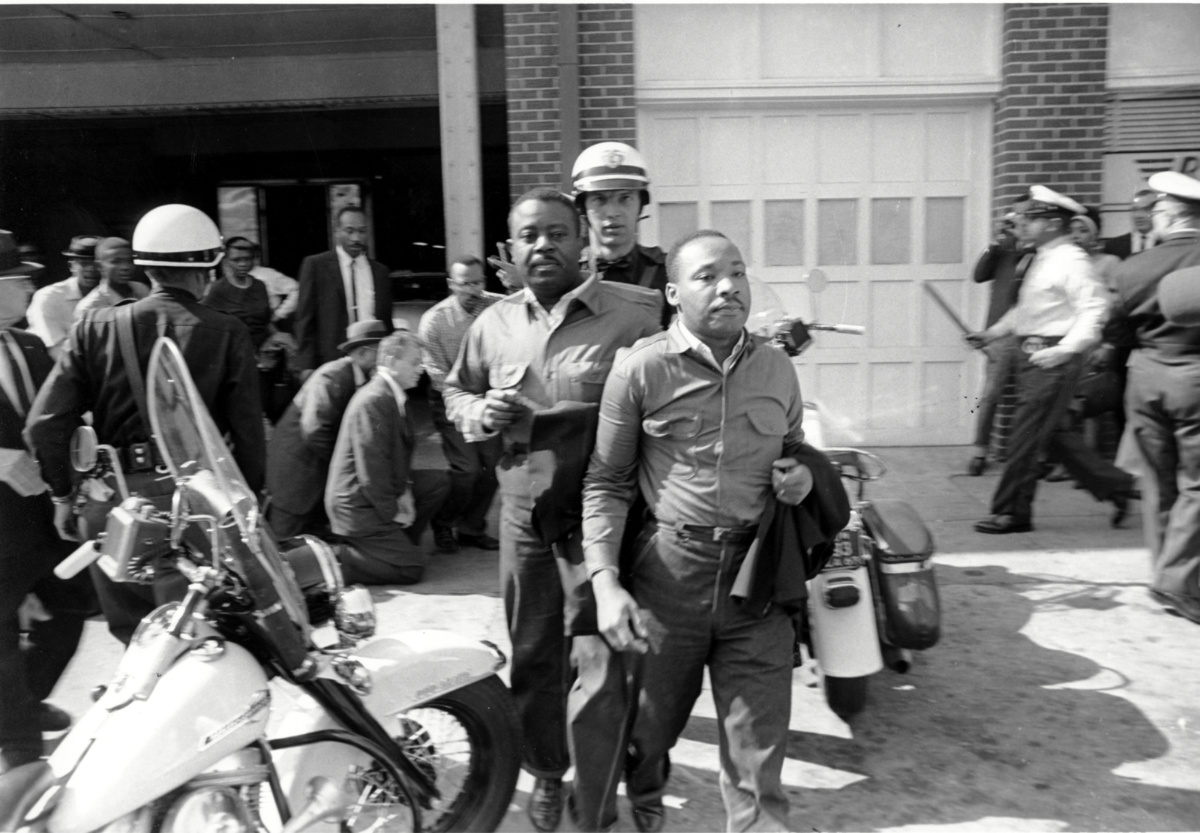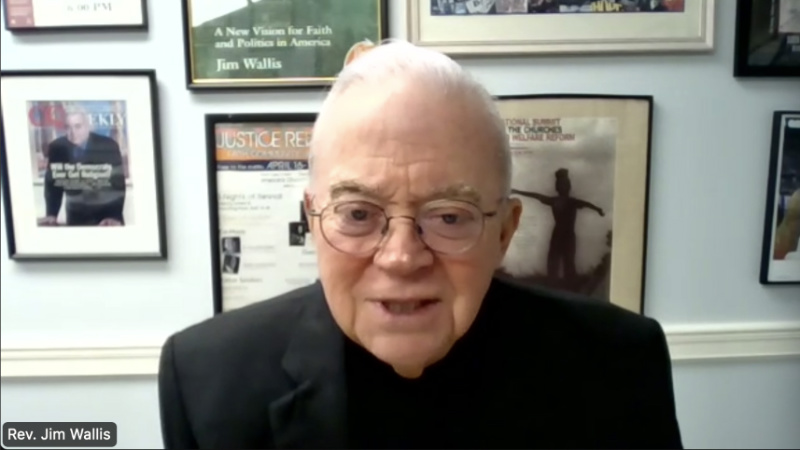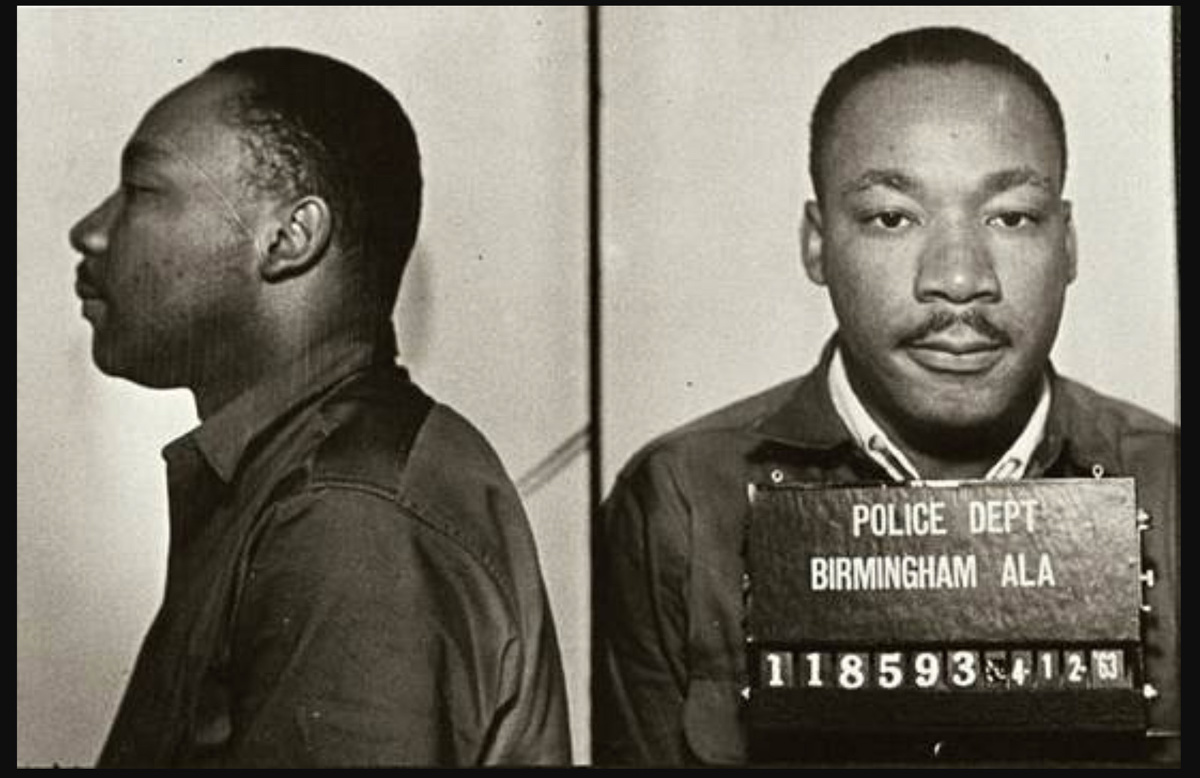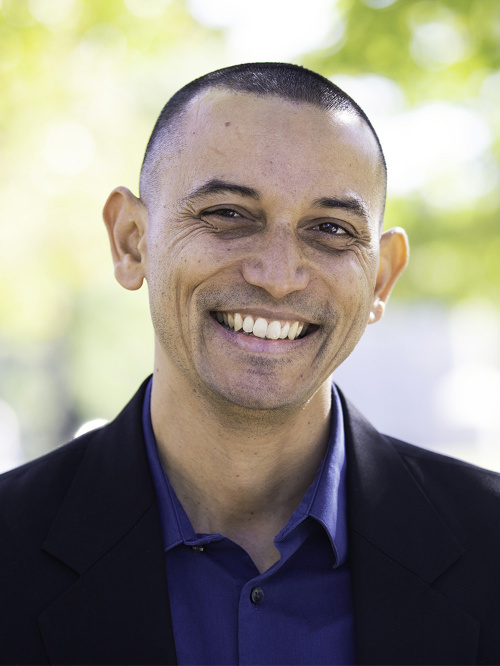
ADELLE M BANKS, of Religion News Service, reports that King’s response to white clergy critics endures as a ‘road map’ for those working on justice and equal rights…
United States
RNS
It’s been more than half a century since Rev Martin Luther King, Jr, wrote his famous “Letter from Birmingham Jail” on scraps of paper, but faith leaders say his response to white clergy critics endures as a “road map” for those working on justice and equal rights.

In this file photo taken on 12th April, 1963, Rev Ralph Abernathy, left, and Rev Martin Luther King, Jr, right, are taken by a policeman as they led a line of demonstrators into the business section of Birmingham, Alabama. Arrested for leading a march against racial segregation, King spent days in solitary confinement writing his “Letter from Birmingham Jail,” which was smuggled out and stirred the world by explaining why Black people couldn’t keep waiting for fair treatment. PICTURE: AP Photo.
Recent events and exhibitions tied to its anniversary have revealed the ongoing interest in and relevance of King’s letter, in which the civil rights leader proclaimed: “Injustice anywhere is a threat to justice everywhere. We are caught in an inescapable network of mutuality, tied in a single garment of destiny. Whatever affects one directly, affects all indirectly.”

Rev Jim Wallis speaks during a virtual event on 26th April, 2023, to mark 60 years since Rev Martin Luther King, Jr, penned the “Letter from Birmingham Jail”. PICTURE: Video screen grab
“We know that it is impossible to build a truly multi-racial democracy if we do not wrestle honestly and directly with its legacy and current manifestations of white supremacy.”
– Rev Jim Wallis, director of the Georgetown University’s Center on Faith and Justice.
Georgetown University’s Center on Faith and Justice held a virtual event last Wednesday (26th April) to mark 60 years since King penned the letter on 16th April, 1963, after being jailed for his organisation of a non-violent demonstration on Good Friday that year in the Alabama city. The letter was released publicly the next month and was included in his 1964 book Why We Can’t Wait.
Rev Jim Wallis, the centre’s director, noted how King wrote that the greatest “stumbling block” for freedom-seeking Black Americans was – rather than a Ku Klux Klan member – the “white moderate, who is more devoted to ‘order’ than to justice; who prefers a negative peace which is the absence of tension to a positive peace which is the presence of justice.”
Wallis pointed to the current debate in some school districts over what books children can and can’t read as an example of why the letter continues to be relevant.
“We know that it is impossible to build a truly multi-racial democracy if we do not wrestle honestly and directly with its legacy and current manifestations of white supremacy,’’ he said. “At the moment when some are trying to erase our history, especially our racial history, remembering and learning from the past is now more important than ever.”
King’s letter was addressed to eight clergymen, whom he called “my Christian and Jewish brothers”, after they questioned the need for and the urgency of the Birmingham campaign he had led as the president of the Southern Christian Leadership Conference.
Bishop Vashti McKenzie, the interim president of the National Council of Churches, shared at the event how King’s letter guided her family’s prayers for her older brother’s safety as he travelled that year by bus to the South to aid the movement.
“It was a fearful time, a fearful time when something had to be done,” she said. “The African diaspora is calling you to do it. And King gives us a road map on how to begin that process of change.”

Rev Otis Moss III participates in a virtual event on 26th April, 2023, to mark 60 years since the Rev Martin Luther King, Jr, penned the “Letter from Birmingham Jail”. PICTURE: Video screen grab
Rev Otis Moss III, pastor of Chicago’s Trinity United Church of Christ, called the letter part of the “extracanonical material” his family thought necessary to read beyond the Bible.
“What’s so important about it today is you still have people who have ecclesiastical positions but have no moral authority and who are trying to claim moral authority,” said Moss, who, like McKenzie, was required to read the letter at the historically Black college he attended. “He was talking to the Christian nationalists of his day and setting them straight and saying, ‘You have no moral authority.’”
The 60th anniversary of the letter has been marked with talks at churches, a parade in Oklahoma City and exhibits of related artwork at the New Jersey State Museum, as well as the display of an early draft at the New York International Antiquarian Book Fair.
Faith leaders at the Georgetown event and in interviews commented on King’s stated concerns in his letter, which included that the church could “be dismissed as an irrelevant social club” and that he has daily met “young people whose disappointment with the church has turned into outright disgust.”

Mug shots of Rev Martin Luther King, Jr, on 12th April, 1963, in Birmingham, Alabama. PICTURE: Courtesy of Creative Commons
In an interview, Randal Maurice Jelks, author of the 2022 book Letters to Martin: Meditations on Democracy in Black America, said the letter deeply resonated with a churchgoing public of the 1960s but remains relevant in teaching people of a range of faith perspectives today.
What the letter, which was more than 6,000 words long, “continues to point out is that people do have to take a side in the struggle for justice, whatever those justice struggles are, and you can’t be, as King would say in that letter, lukewarm about that.”

Rev Melech EM Thomas. PICTURE: Jay DeLoatch
Rev Melech EM Thomas, a millennial pastor of an African Methodist Episcopal Church, said in an interview that he thinks King’s “masterful” letter should be heard in US history classes and in seminaries rather than just a mention of his name or his legacy.
“In every pulpit, this year, there should be some type of reading, public reading of excerpts of the letter from the Birmingham jail, just to remind us of why we are the church and what God has called us to do,” said Thomas, pastor of Bethel AME in Selma, North Carolina. “The mission didn’t stop with the man. We have an obligation to continue what he called us to do and I hope that myself and my generation, as we are coming into leadership, will continue to do the same.”
In an interview, Sojourners President Adam Russell Taylor said King’s letter offers a theologically and civically grounded challenge to not be silent that still applies to churches today. Taylor noted the fallout from clergy he thinks were not courageous enough to speak amid false statements that the last presidential election was stolen.
We rely on our readers to fund Sight's work - become a financial supporter today!
For more information, head to our Subscriber's page.
Taylor pointed to a recent Brookings Institution and Public Religion Research Institute survey that found that 29 per cent of Americans qualify as Christian nationalists but, by a ratio of two-to-one, Americans reject a Christian nationalist view.

Rev Adam Russell Taylor. PICTURE: Courtesy of Sojourners
“If the people in the middle were really willing to stand up and speak out more, I think we could reach a tipping point,” Taylor said. “Which way we tip is really up to all of us, but I think it’s that middle that we really need to activate and inspire to be much more outspoken and much more courageous.”
A questioner at the Georgetown event inquired about how predominantly white faith communities can join with racially diverse groups on racial justice issues.
Moss responded by citing an anti-violence event in downtown Chicago the previous Saturday featuring hundreds of men, most of them Black. The gathering represented new efforts by his congregation and others that were supported by a range of houses of worship, from Pentecostal congregations to synagogues.
He called it an opportunity to “change the narrative” about how the city’s youth are viewed and affirmed.
“We did a walk downtown, not against our children, but to say that we love them,” he said, adding that his is one of several churches planning to offer some 750 jobs to youth this summer. “They were saying that we’re in this together. This is our city. These are our children.”




